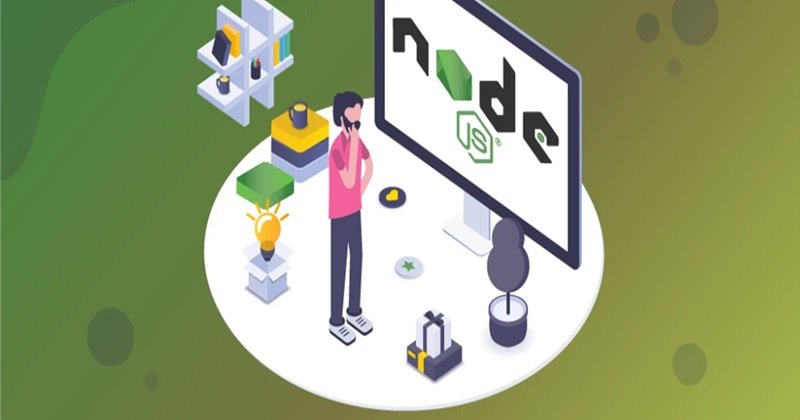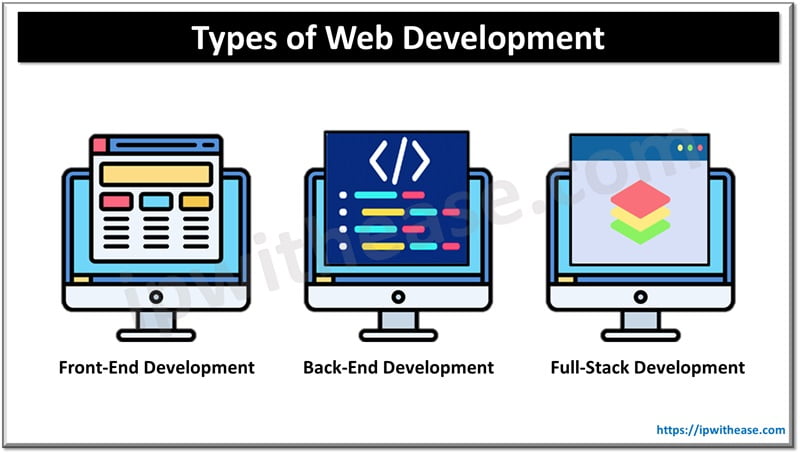Table of Contents:
In the fast-paced world of web development, staying ahead of the curve is paramount. Among the myriad of technologies and frameworks available, Node.js has consistently proven itself as a pivotal player and there are various companies that use Node.js. In this article, we delve into the future of Node.js, exploring the innovations and advancements that are set to shape its destiny.
Node.js: A Brief Overview
Before we journey into the future, let’s take a moment to understand the present. Node.js, often simply referred to as Node, is an open-source, cross-platform JavaScript runtime environment. It is built on the V8 JavaScript engine and has gained immense popularity for its efficiency in building scalable network applications.

The Evolution of Node.js
1. Performance Enhancements
Node.js has always been synonymous with speed and efficiency, thanks to its non-blocking, event-driven architecture. In the future, we can expect even more impressive performance enhancements. With ongoing optimizations to the V8 engine and improved event loop handling, Node.js is set to become even faster and more resource-efficient.
2. Enhanced Security Measures
As the digital landscape evolves, security remains a top concern. The Node.js community is acutely aware of this, and future versions are poised to offer enhanced security measures out of the box. This will make it even more appealing for businesses and developers to trust Node.js for their applications.
3. Support for ES Modules
The introduction of ES modules (ECMAScript modules) in Node.js signifies a major step forward. This feature enables developers to write modular code, enhancing code organization and maintainability. In the future, we can anticipate further improvements and refinements to this feature.
Node.js and the Microservices Revolution
In the ever-evolving landscape of software architecture, the adoption of microservices by organizations has become a defining trend. This shift towards microservices architecture signifies a departure from monolithic applications to a more modular and flexible approach. Amid this transformation, Node.js emerges as a star player, perfectly poised to excel within this innovative environment.
One of Node.js’ standout attributes is its innate lightweight nature, making it an ideal candidate for microservices development. Unlike monolithic applications, where a single codebase handles all functionalities, microservices involve breaking down an application into smaller, independent services that communicate with each other. Node.js excels in this regard due to its ability to handle asynchronous tasks efficiently, allowing multiple microservices to operate concurrently without significant performance bottlenecks.
As organizations increasingly embrace microservices to enhance scalability, maintainability, and flexibility, Node.js remains a natural choice. It empowers developers to create and manage microservices seamlessly, facilitating a modular approach to software development.
Looking ahead, the trajectory of Node.js within the microservices realm appears promising. The open-source nature of Node.js fosters a dynamic community of developers continually enhancing and optimizing the platform. This community-driven approach means that we can anticipate the emergence of even more robust tools and libraries tailored specifically for microservices development with Node.js. These resources will further streamline the creation, deployment, and management of microservices, making Node.js an even more compelling choice for organizations navigating the microservices revolution.
The Role of Node.js in Serverless Computing
Another transformative wave sweeping through the realm of software development is serverless computing. This paradigm shift represents a move away from traditional server-based architectures towards a more event-driven, scalable, and cost-effective approach. In this realm, Node.js stands at the forefront, playing a pivotal role in the serverless revolution.
Node.js’s ability to execute functions within a serverless environment aligns perfectly with the serverless computing model. Serverless computing involves the execution of code in response to specific events without the need to provision and manage traditional servers. This event-driven architecture resonates with the core strengths of Node.js, making it an ideal choice for building serverless applications.
As the serverless landscape continues to evolve, Node.js is poised to maintain its significance. Its versatility and efficiency make it a reliable technology for crafting serverless applications that can handle dynamic workloads, scale effortlessly, and reduce operational overhead.
Conclusion
In conclusion, the future of Node.js looks promising and exciting. With ongoing performance improvements, enhanced security measures, and support for modern JavaScript features, Node.js is well-equipped to meet the ever-evolving demands of the web development landscape. Its compatibility with microservices and serverless computing positions it as a versatile and enduring choice for developers and businesses alike.
Continue Reading:
React vs Vue: Choosing the Right JavaScript Framework
11 Simple Steps for creating a brand new Angular Application
ABOUT THE AUTHOR
IPwithease is aimed at sharing knowledge across varied domains like Network, Security, Virtualization, Software, Wireless, etc.



